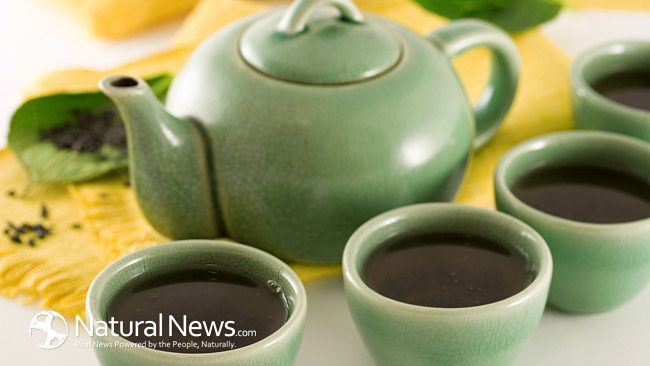Coffee and Tea are enjoyed by many worldwide.
We are a planet of coffee lovers and our passion is just getting warmed up! Tea has been around much longer since about 350 AD and coffee much later in the 1400’s.
French philosopher Voltaire is rumored to have had 50 cups of coffee a day! New Yorkers drink 7 times more coffee than any other American city. Tea is actually the 2nd choice of beverage around the world; the first being water!
There are many different benefits from coffee and tea; however, each individual has a preferred drink. Let’s compare some commonly shared traits and compounds.
All coffee comes from the same plant, the two biggest varieties are Arabica and Robusta Coffee Bean, and flavors will differ depending on where it’s grown and how it is processed and roasted. All Tea comes from the same plant Camellia sinensis; again taste differs; flavors will depend on how and where it is grown, how it is processed, whether it is fermented and/or steamed. Both coffee and tea have different flowers, foods or spices added to enhance taste.
For instance, review Green tea versus Black tea. Green tea has the freshest, highest anti-oxidants and is the most nutritious. Black tea, starts out as Green tea, but has been processed to produce black tea leaves. It is enjoyed by many and still has good benefits but processing methods produce a loss of 50-75% of its chemical components.
Higher altitude grown Coffee and Green tea are better crops versus lower altitude due to an increase in the antioxidant compounds, polyphenols, and stronger flavors. In the case of Green tea, altitude also increases the chlorophyll content of the leaves but lowers caffeine content.
The most important anti-oxidant, in Green tea is polyphenol EGCG (epigallo-catechin 3 gallate) which has 20 times the power of Vitamin C, and 25 times the power of Vitamin E. There is quite a list of other benefits from drinking Green tea.
It is an antiviral, anti- bacterial, lowers blood pressure and glucose, helps with weight loss and improves the immune system. EGCG studies show it can kill cancer cells. L-theanine is an amino acid in tea that can improve memory and helps prevent aging.
In comparison, Coffee has a compound, chlorogenic acid, an anti -oxidant that in concentrated form can influence metabolism of glucose and fat. It is one of the newest products on the market; made from green unroasted coffee bean extract and sold in pill form. This extract form gives the best results as discussed above and also improves memory, attention and focus. It can reduce arterial inflammation and inhibit plague deposits on artery walls. Chlorogenic acid is also caffeine free.
Coffee for some individuals can be too much of a stimulant; studies at Duke University show an increase in blood pressure if drinking more than 3 cups per day and increased adrenalin, a stress hormone, which can increase heart rate!
There is approximately 1/3 the amount of caffeine in Green tea compared to the caffeine per cup of coffee. Using larger green tea leaves means less caffeine than small leaf pieces or powder like in some tea bags. Black tea has more caffeine released due to the amount of processing. For lower caffeine, brew Green tea for 2-3 minutes per cup which equals 20-40mg caffeine; a 3-5 minute brew can equal 40-100 mg of caffeine depending on leave size and how it was processed. Coffee, depending on the roast, can equal 100 mg of caffeine per cup; in general a lighter roast is higher in caffeine than a darker roast.
You can eat your tea and coffee! Many are aware you can chew on coffee beans for treats and it is used with many desserts. Green tea when fresh and only lightly steamed can be crushed as any other dry herb and sprinkled on food or used as dips along with other herbs. When you eat your green tea your body benefits by receiving several hundred times the nutrient levels, versus just drinking the brew. In many countries it is included in their main dishes; such as in Tibet they serve it with breakfast cereal: barley, green tea leaves and goats milk!
Everyone reacts differently to caffeine, some are more sensitive and some just like one taste over another.
Some, like me, enjoy both coffee and tea; so I split up my week and enjoy both. Both are beneficial, whether you are eating or drinking, you are getting the best antioxidants available!
References:
Dr. Jane Feng Powley
The Coffee Lovers Handbook by Matt Robinson





